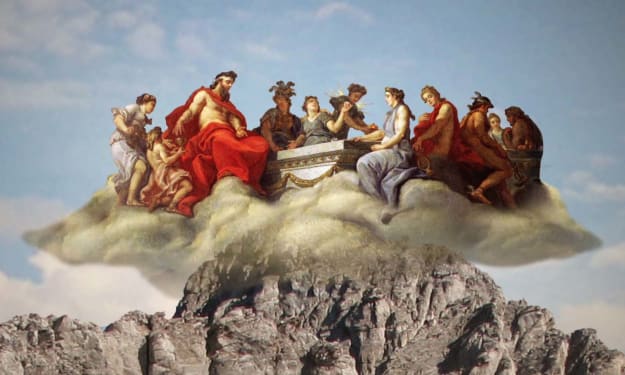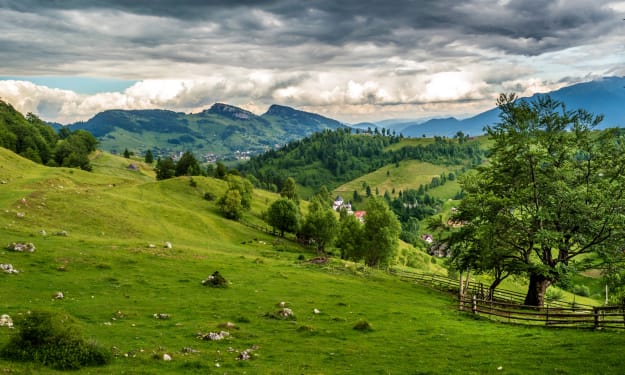The Commonwealth in Transition: From Empire to a Global Partnership
The Commonwealth's Evolution
On November 30th, 2021, a significant chapter in history was written as Barbados officially declared itself a parliamentary republic. The lowering of the queen's flag marked the end of a more than 350-year-old colonial relationship with the British monarchy. However, amidst this monumental shift, the Commonwealth of Nations, a vestige of the British Empire, continued to play a pivotal role. This article aims to explore the evolution of the British Empire, the birth of the Commonwealth, and the complex relationship between the monarch and the nations that make up this diverse organization.
From Empire to Commonwealth
In the early 20th century, the British Empire was at its zenith, ruling over nearly a quarter of the world's population through its vast colonial holdings. The empire had refined systems for controlling and extracting wealth and resources from these territories. However, the signs of its eventual dissolution were already evident.
White settler colonies like Australia and Canada had transitioned into British dominions, no longer under direct British rule but remaining constitutional monarchies under the crown. This transformation gave rise to what became known as the British Commonwealth, which would prove to be the future of the empire.
As Queen Elizabeth II ascended the throne in the 1950s, Britain's global standing had changed. Post-World War II, Britain's economy was struggling, and independence movements were gaining momentum across its colonial holdings. Countries like India, which had been at the forefront of the struggle for sovereignty, were achieving independence. Simultaneously, nations like Kenya were enduring immense turmoil in their fight against British rule.
Recognizing the inevitability of decolonization, the monarchy focused on preserving its relevance. While the queen herself did not attend ceremonies marking independence, her family, including Prince Philip and Lord Mountbatten, often represented the crown at these significant events.
The Birth of the Commonwealth
As independence became a reality for many former colonies, the monarchy sought to adapt to these changing times. The Commonwealth of Nations emerged as the successor to the British Commonwealth. It allowed countries no longer under the queen's rule to join as members, while others chose to retain the queen as their ceremonial head of state, becoming commonwealth realms.
The Commonwealth of Nations, a mix of republics and monarchies, provided a platform for its member nations. Over time, it evolved from a colonial-era institution into a modern political organization, no longer bound by legal obligations.
The Global Commonwealth
Today, the Commonwealth of Nations comprises nearly a third of the world's population. While some nations have chosen to leave, others, despite never being British colonies, have joined. The Commonwealth serves as a forum where countries can amplify their voices and gain access to influential diplomatic players, including the UK, India, Canada, and the British monarchy.
Importantly, the Commonwealth does not stipulate that a British monarch must lead the organization. In fact, King Charles III, the next in line to the British throne, was chosen by its members but was not mandated to do so. This leaves the door open for the possibility that the Commonwealth, initially shaped by the British Empire, could be led by the very nations it was designed to unite.
The Monarchy and Its Legacy
The recent death of Queen Elizabeth II and the renewed focus on Britain's colonial history have sparked debates about the monarchy's role within the Commonwealth. The queen, during her reign, was adept at fostering unity within the Commonwealth, often deflecting attention from Britain's colonial past.
However, in recent years, the monarchy has faced increasing scrutiny. Acknowledging the dark history of colonialism and slavery, Britain is undergoing a reckoning with its past. This has reignited discussions about the monarchy's place in the Commonwealth and its ability to represent the diverse nations that constitute this global partnership.
The Future of the Commonwealth
As the Commonwealth continues to evolve, the power dynamic within the organization has shifted. The crucial question now is: What do its member nations want for the future? The Commonwealth's potential to promote diplomacy, cooperation, and global progress remains significant, but its ability to address the complex issues of the 21st century will depend on how its diverse members navigate their shared history and shape their collective destiny.
About the Creator
Vivian Yao
News, economy, history, politics, and much more...






Comments
There are no comments for this story
Be the first to respond and start the conversation.